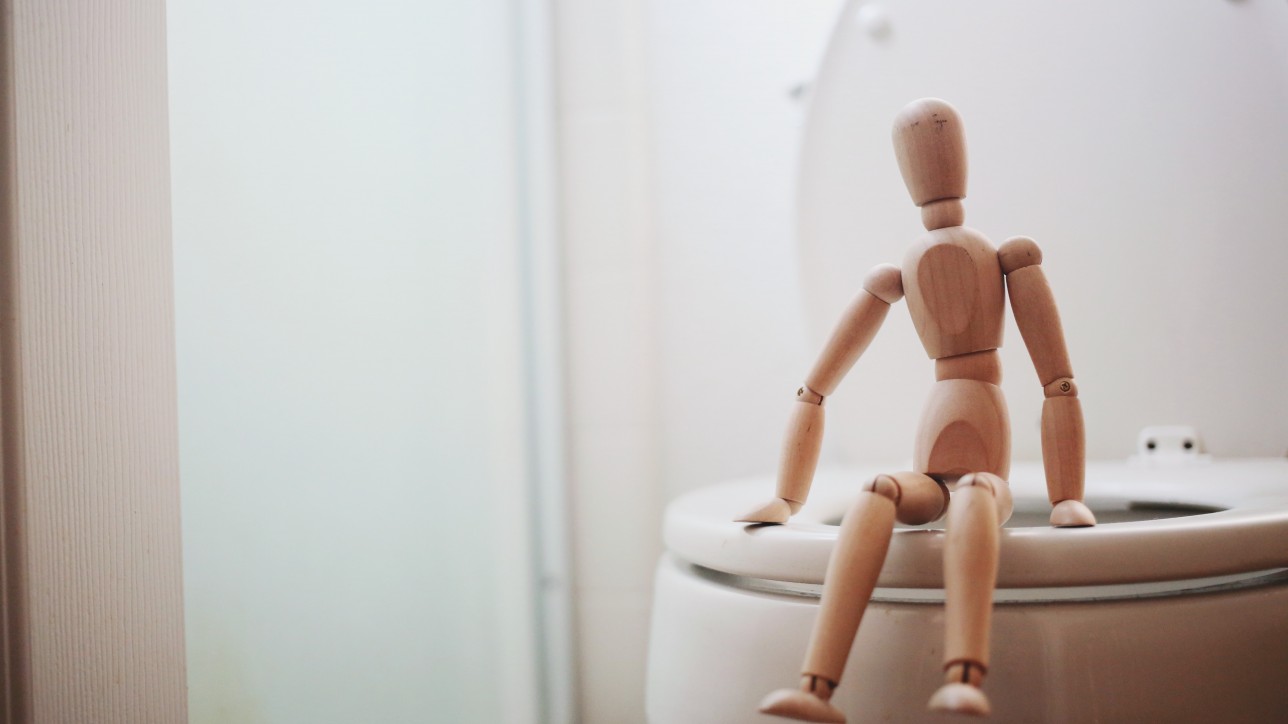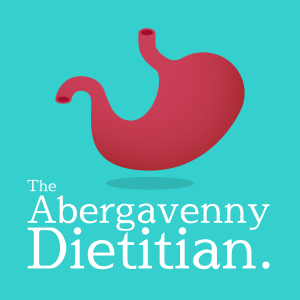First of all – what does diarrhoea even mean? Because we don’t tend to chat to each other about the appearance of our poo, everyone has a slightly different idea of what is normal.
There is an old-fashioned idea that we should open our bowels once a day at a regular time – but this is only normal for some people. In fact, having a bowel movement anything from three times a day to once every three days is totally normal (and some people may be even more or less frequent, which is normal for them). It is not ideal to have hard, dry, constipated stools or completely liquid poo but anything in between that is fine and it can vary day to day depending on factors such as what you have eaten. The Bristol Stool Scale is often used to help people to describe all this!
When should you be worried about diarrhoea?
You should always consult your doctor if you have bowel symptoms and any of the following “red flags”:
- unintentional and unexplained weight loss
- rectal bleeding
- a family history of bowel or ovarian cancer
- a change in bowel habit to looser and/or more frequent stools persisting for more than six weeks in a person aged over 60 years.
Is it my diet?
As your guts are there to process food, people automatically look to their diet if their gut is not behaving itself!
It is true that some diarrhoea can be linked to diet. Things I will automatically check for include:
- too much fibre
- too much fat
- too much caffeine
- excess alcohol
Lactose intolerance is not as common as people think but is always worth considering. It is relatively simple to cut out the major sources of lactose – dairy foods – for a week or two to see if your symptoms improve. If they do NOT improve – then it is very important to put the dairy back into your diet. Never exclude a food group for no good reason! Dairy is a very important source of calcium and other nutrients in the diet and anyone who intends to continue to exclude these foods will need to think about other ways in which they can obtain enough calcium.
Irritable bowel syndrome is very common and food is not the only cause. In my experience, stress and anxiety are the most significant factors in IBS and your state of mind can have a very real and physical effect on gut health. This is a relatively new area of research and one of my favourite things to help people with!
Other potential causes of diarrhoea
#1: Diverticular Disease
Diverticulosis is extremely common, and between 30% and 50% of the Western world will be affected during their lifetime. In this condition, a weakness in the muscle of the large intestine means the walls can bulge out into little “pouches” called diverticula. Many people however will have no symptoms at all.
Diverticular disease is a term mainly used in people who develop symptoms. The term “Diverticulitis” is used when one, or several, diverticula become inflamed. Symptoms vary a lot from person to person, but often include lower abdominal pain, bloating, diarrhoea (or constipation) and mucus or blood in the stool.
One of the main causes of diverticulosis is not eating enough fibre – eating a high-fibre diet gives the wall of our bowel something to “work on” and so keeps the muscle strong. However, eating enough fibre once you already have the condition can be tricky.
Traditionally, the advice was to avoid foods which could become “trapped” in the pockets – such as seeds and nuts. This was miserable for people who felt the need to avoid all their favourite foods such as tomatoes, wholegrain bread and strawberries! However, there was not strong enough evidence to support this advice and people with diverticular disease are now advised to eat a healthy, high-fibre diet (including nuts, seeds etc) EXCEPT when they are having a flare-up of the condition. Flare-ups may need to be managed with a temporary light, low-fibre diet.
#2: Coeliac Disease
Many of us have heard of coeliac disease – a condition where the body’s immune system attacks its own tissues when you eat gluten. This causes damage to the lining of the gut and means the body can’t properly absorb nutrients from food. It is also possible to have a different condition called non-coeliac gluten sensitivity, and I have blogged about the difference before.
Diarrhoea is a classic symptom of coeliac disease but by no means the only one.
If you suspect you have coeliac disease, it is really important to try to get a blood test before you cut out gluten, as otherwise the blood test may not work and you will not be able to get your diagnosis confirmed. Some people cut out gluten to see if they feel better. This is reasonable – but if you DO feel better, you will need to reintroduce it again before having the blood test. Of course it is not nice to go back to feeling ill again!
A Dietitian will be able to go through the pro’s and con’s with you and explain why it is important to have a firm diagnosis if at all possible.
#3: Inflammatory bowel disease (Crohn’s Disease and Ulcerative Colitis)
IBD is another autoimmune disease. Both Crohn’s and ulcerative colitis cause ulcerated areas in the bowel which mean fluid cannot be re-absorbed properly. This can result in diarrhoea and sometimes a lot of mucus or some blood mixed in with the stool. Fatigue can also be a big problem in IBS. For more information on this, take a look at my post on the subject.
#4: Bile acid diarrhoea
Bile acid diarrhoea (BAD), or bile salt malabsorption, can cause ongoing watery and urgent diarrhoea multiple times daily, and in some people this has been going on for many years before the condition is diagnosed, causing significant problems with quality of life and self-esteem.
It is caused when bile salts are not being processed by the body properly. Bile salts are released by the liver and are essential in digesting food (particularly fats and fat-soluble vitamins). There is a general lack of awareness about this condition which can lead to a delayed diagnosis. Furthermore, the test for BAD is not widely available.
There is, however, an effective medication, and some doctors may suggest trialling the medication first, just to see if this helps. If you suspect you may be experiencing bile acid malabsorption, then it is important to speak to your doctor and have other conditions ruled out first.
Other causes of diarrhoea include food poisoning, “travellers’ diarrhoea” and antibiotic use. All of these things can affect gut health after the initial infection has passed, resulting on something called “post-infective IBS”. Working on improving your gut health can help with this.
Go see your GP first
Remember that a Dietitian cannot “diagnose” and so it is always easier for us when someone has seen a doctor and we all know what we are dealing with! Also, the conditions above are by no means an exhaustive list of all of the causes of diarrhoea.
However, if you have a fairly good idea, or if you just want to explore dietary and lifestyle factors first, then – provided you have had “red flags” ruled out – a session with a Registered Dietitian can be a very productive use of your time.
References


